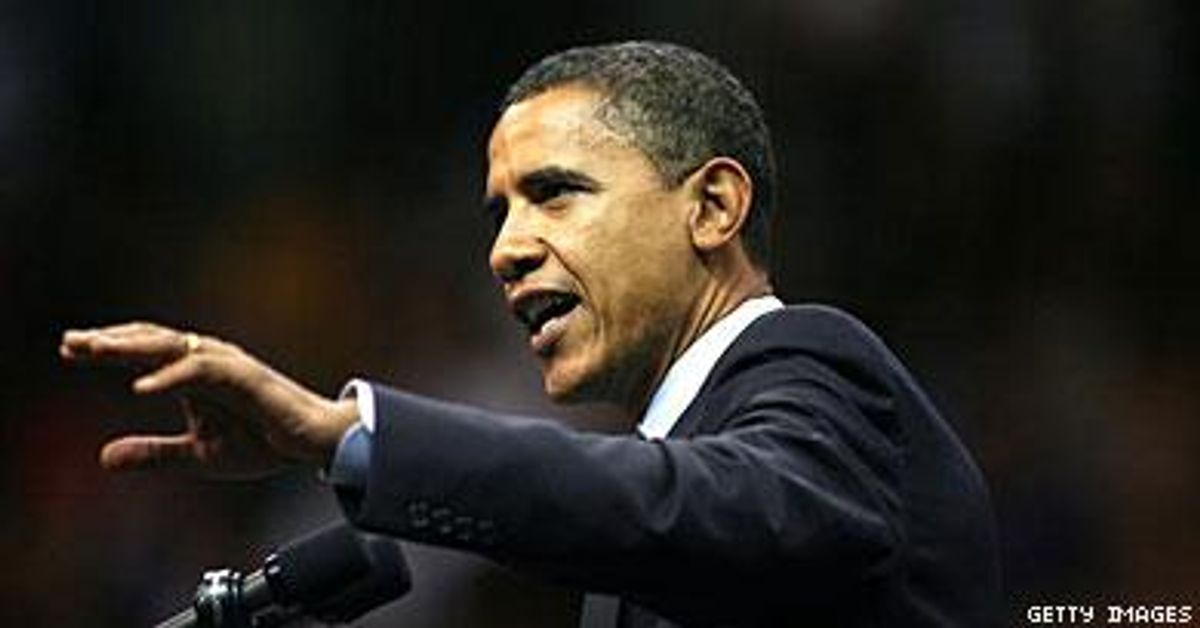According to polls, George W. Bush received around 25% of the gay vote in 2000 and 2004. This was in spite of his abandoning a promise to be a compassionate conservative by backing discriminatory constitutional amendments banning same-sex marriage in order to win reelection by driving conservative turnout. It was also in spite of the Log Cabin Republicans withholding its support for his reelection.
In 2008 our community is once again faced with choosing an ally we think is most likely to help gain for us what has been elusive: passing any legislation that moves us closer to full civil rights equality. This year the Log Cabin Republicans may have made that choice more difficult for some of us. After McCain's selection of Alaska governor Sarah Palin, the group ended insiders' speculation and announced its endorsement of the Republican ticket.
I can appreciate the difficulty of Log Cabin's position. It needs to remain politically relevant within its own party. Continuing to not support Republican nominees would surely guarantee that Log Cabin is denied access to the highest levels of Republican leadership that the group enjoyed during Patrick Guerriero's tenure as executive director.
Often, gay Republicans express frustration that gay Democrats are single-issue voters. While this is a generality that is not an accurate description of our community as a whole, among the activist class there is some validity to their complaint. At this point in time, however, we stand at a precipice. Judging the candidates based on how they will affect our community is necessary. This presidential election will affect our struggle to achieve civil rights equality more than any other in history.
There are two overwhelming reasons why the gay community should not follow Log Cabin's lead and instead fervently and actively support Barack Obama for the presidency. Failure to do so may set back our struggle for equality for decades.
First among these reasons is based on the candidates' stances on issues. McCain's opposition to the Federal Marriage Amendment has often been used as a reason for why our community should support him. However, he has actively campaigned to amend the Arizona constitution to ban same-sex unions. He has also indicated support for Proposition 8 in California and Amendment 2 in Florida, both of which would enshrine discrimination in their respective state constitutions. He also actively opposes all other legislative priorities of our advocacy organizations: ending "don't ask, don't tell," penalties for hate crimes, employment nondiscrimination, repeal of the federal Defense of Marriage Act, and federal recognition of civil unions or marriage.
Some have intimated that Palin has not been antigay during her political career. However, she said she voted for a 1998 constitutional amendment in Alaska banning marriage for gays and lesbians. She also indicated that she would support a ballot measure that would overturn an Alaska supreme court decision mandating benefits for domestic partners of state employees.
She also recently broke with McCain by indicating that she would support an amendment to the U.S. Constitution to ban same-sex marriage. It is also worth noting that antigay fundamentalists like James Dobson, Dennis Prager, and Ralph Reed exchanged their contempt for John McCain for avid enthusiasm in supporting a ticket including Palin. That should tell us something.
The second big reason we must reject McCain-Palin is that McCain has made it clear that he will appoint Supreme Court justices like John Roberts and Samuel Alito. That is code language to antigay fundamentalists for those judges who won't advance gay rights (which itself is, to the far right, code language for "special rights," when we are only seeking the same rights that nongay people have).
If McCain is elected, the Supreme Court will deny the progress that we are seeking, equal treatment under the law -- which racially diverse couples were only able to achieve via a decision by the U.S. Supreme Court, for instance. While reaching this goal legislatively is preferable, politicians rarely have the courage to lead on equality. It's particularly frustrating because we know that politicians of both parties privately support equality. However, we have no idea when these politicians will decide that their private opinions are worthy of being their public policy.
Most of our movement's great legal minds will agree that if marriage equality were to be decided by the current Supreme Court today, we would lose by a 5-4 vote of the justices. It is also widely assumed that the next justices to leave the court would likely be John Paul Stevens and Ruth Bader Ginsburg, who would likely vote in favor of marriage equality.
That means if McCain is president and able to replace two pro-equality justices, we will likely find ourselves with a 7-2 vote against marriage equality. That deficit would be devastating and take decades to overcome.
Conversely, Barack Obama has the best platform on our issues of any presidential candidate in history. He supports everything that McCain opposes with the exception of full marriage equality.
So, on one hand, we can choose someone who is not only an ally but has expressed his support in the most unlikely of places: the African-American church. Or we can choose someone who not only will do nothing to advance our movement but has chosen a running mate who promises to "tolerate" us, since she believes our sexuality is a lifestyle choice.
There are stark differences between these two candidates. This is not like the previous two presidential elections, in which the Democratic nominees fell far short on our issues. Much progress has been made since then, and Obama's message of change and his ability to transcend traditional political expectations gives me a sense of hope that we may finally see the progress that has so far escaped us.
While our community will always be split among more than one political party, this election provides us with sufficient reason to come together behind one candidate. That candidate is Barack Obama.


















































































Fans thirsting over Chris Colfer's sexy new muscles for Coachella